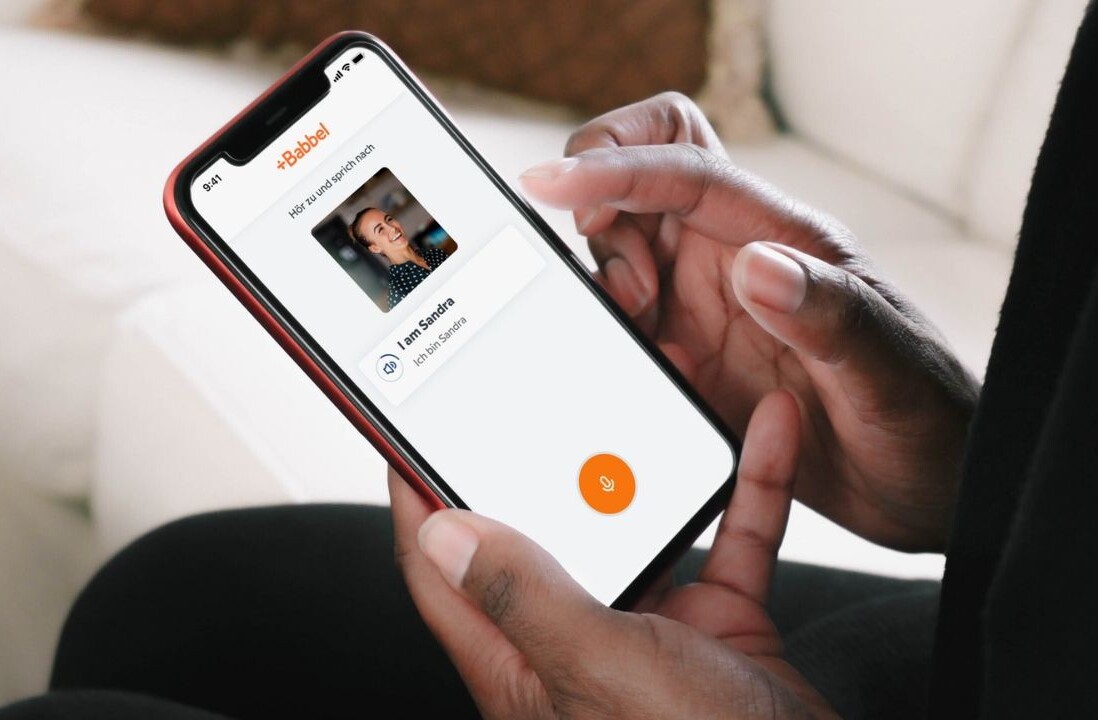
 Philip Scott is the co-founder and Managing Director of topikality, a new alert system that does the searching for you, filters out the clutter, and then sends you a daily email. Here’s a great interview with Philip from ‘Down Under’. If you have a question for Philip Scott, please leave a comment!
Philip Scott is the co-founder and Managing Director of topikality, a new alert system that does the searching for you, filters out the clutter, and then sends you a daily email. Here’s a great interview with Philip from ‘Down Under’. If you have a question for Philip Scott, please leave a comment!

Q: In this world of massive indexes, realtime search and semantic technology, how would you describe the ideal alert system?
Just give me what I like, when I want it.
A system that knows me and what I like about a topic. It should help me avoid all the noise on the Internet. and deliver relevant articles to me quickly.
Q: Is that your goal? How close is topikality to a system like that?
Yes and no.
Yes we are striving to achieve the ultimate alert system that delivers just the articles you like, when you want them. Yet our real goal is a lot tougher than that.
The purpose of topikality is to provide a system where “Anyone can be knowledgeable on anything”. This statement encapsulates a lot of things and quite a challenge to deliver…
Anyone – means we want topikality to be easy enough for children to use at school.
Knowledgeable – means the user must have access to breadth of coverage, relevance of information and timeliness of delivery.
Anything – delivering quality results on every topic is quite a challenge. Popular topics are easy while specialised topics are quite hard.
We are on the way to achieving our goal. We’ve developed a pretty good solution for continuously discovering new content right across the internet, learn what the reader finds relevant, eliminate the clutter and deliver it quickly. Yet there is more work to be done.
Our current focus is delivering quality results on the more specialised topics and making it easier to use.
You can check out some example topics on twitter. We created the topics in topikality, trained the system to learn what’s relevant and automatically eliminate the clutter. We then continuously publish a sample of the results to twitter. The results are not 100% but they are getting closer to where we want to be.
Q: Your must feel that you are “building a better mousetrap,” what do you feel that other alert programs lack?
We take the approach that each and every person is unique. What you find interesting about a topic is often different to what I find interesting.
This is a different solution to the multitude of systems based on what’s popular, trending well or being talked about on social networks.
Let’s give an example. At some level we are all interested in Climate Change. Yet what aspect of climate change are you really interested in?
Lobby groups may be interested in the political landscape.
Others are concerned about who’s going to pay for the structural changes required.
Some search for evidence to disprove the theory.
Others are not interested in what’s happening half way around the world when they are worried about their job at home.
While Farmers may be interested in the effects on rainfall in their region and changes in market prices.
We all have a different view on what’s relevant about climate change and not many alert systems cater for this. It’s actually quite hard to develop the technology and systems to deliver this type of solution.
Q: Will topikality offer something that Google cannot or will not offer?
Relevance to each and every unique individual is the area topikality focuses on most. Google’s approach is quite different.
topikality learns what the person specifically likes about a topic and then goes out to discover new articles for them. This is a very different approach to Google where they consider a whole range of factors including what’s popular, pages with the most traffic and links, etc. It would take quite a major change for Google to deliver the way we do.
Q: What are a couple of use cases / applications for topikality?
The number of people on topikality is growing very strongly and people are using it for all sorts of purposes. The three largest user groups appear to be …
Business professionals find it a quicker way to stay up-to-date with their market, competitors, customers and prospects.
Bloggers and researchers use topikality to reduce the time they spend online searching their area of speciality.
Students and educators are probably the fastest growing group. They appear to use topikality to research and stay up-to-date with their subjects, assignments and projects.
Q: Do you envision a mobile version of topikality?
Yes, we would like to offer a mobile version.
Our near term focus is improving results for specialised topics and ease of use. So a mobile offering will come a little later.
Q: How can you make money providing alerts?
Monetization has never been the primary driver for us and our cash burn rate is extremely low. So this is not a high priority for us at this early stage.
We started the project with the aim of solving a problem for ourselves. If other people liked it then that was a bonus. We now find ourselves with a working system that people seem to like and a fast growing user base. While recent media coverage has generated inquiries from some of the largest players in Silicone Valley.
So in the short term we will continue to listen to users, improve the solution and add value where ever possible. We will see what the future holds.
Thanks Philip!
Philip Scott is topikality’s co-founder and Managing Director. He writes, “I completed a Bachelor of Business, and went on to become a Product Manager at 3M, then co-founder and CEO of an Enterprise Software company, where we developed, marketed, installed and integrated Customer Relationship Management (CRM) systems for over 150 financial institutions globally. After that, I founded Quantum Advantage — IT business and executive coaching.”
Get the TNW newsletter
Get the most important tech news in your inbox each week.




